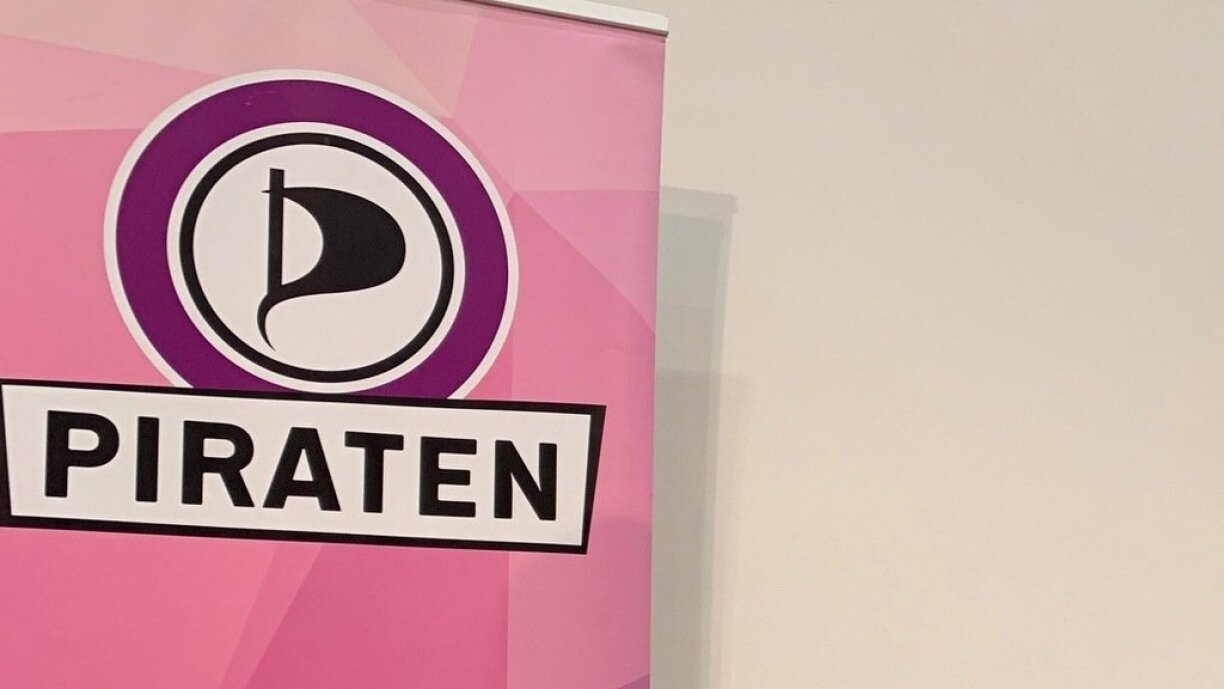
In the wake of Polidori’s exit, MP Marc Goergen accused fellow MP Sven Clement of mismanaging party funds, a claim Goergen suggests contributed significantly to Polidori’s decision to leave.
The controversy centres around the MALT (Mobile Assisted Language Tool) project, a mobile app designed to assist Arabic-speaking individuals in learning Luxembourgish. First reported by Luxembourg Times and Luxemburger Wort, the MALT project has become a focal point of dispute. The National Reception Office (ONA) is now demanding the return of a substantial portion of the funds paid to the Pirate Party for the project.
In August 2015, the Luxembourg Reception and Integration Agency (OLAI), the predecessor of the ONA, issued an open call for projects under the national programme for asylum, migration, and integration for 2014-2020. The Pirate Party applied and won the contract to develop a translation app designed to translate 500 Luxembourgish words and 50 sentences into Arabic, with plans to extend to other languages.
According to the Ministry of Living Together and Reception of Refugees, the app was launched in June 2017 and remained functional until October 2021. It was downloaded 987 times, with 394 users completing half of the modules and 241 completing all modules. The project was funded through two agreements signed in 2016 and 2017, totalling approximately €208,000. Funding was provided as follows: 45% from the European Union, 45% from the Luxembourg government, and 10% from private sources.
The app was developed not by the Pirate Party itself, but by Clement&Weyer, a company owned by Pirate Party MP Sven Clement and Jerry Weyer, a co-founder of the party. According to Clement, the party issued a call for projects on their website and contacted “between half a dozen and ten” companies proactively, but none expressed interest.
First of all, it should be noted that recent irregularities have come to light due to stricter EU-level controls compared to Luxembourg’s standards. Following a request from the Inspectorate of Finance, KPMG conducted an audit, which our colleagues from RTL.lu have reviewed. The audit highlights several issues, including missing supporting documents for payments and unclear justifications for certain expenditures. One notable example involves the purchase of 110 USB sticks costing over €400. Upon enquiry, the Pirate Party responded that the app was initially intended not just for mobile phones but also to be used on local computers.
Another issue raised by KPMG is the inclusion of 80 sick hours in salary payments, with no corresponding reimbursement from the National Health Fund (CNS) documented.
It appears that both the Pirate Party and the ONA had rather poor accounting practices. The ONA’s initial response to KPMG’s criticisms and recommendations was generally non-committal, stating that “the RA [responsible authority] takes note of the recommendation” without requesting additional documentation from the Pirate Party.
However, our colleagues from RTL.lu have obtained a letter dated 21 June 2023, from ONA Director Yves Piron, requesting the missing documents. This letter suggests that an audit was ongoing at that time. The audit report, however, indicates that the audit took place between November 2022 and January 2023. According to the Ministry, the audit results were sent to the European Commission, which then requested additional documents in June 2023. The ONA subsequently requested these documents from the Pirate Party.
In a letter dated 16 November 2023, Yves Piron writes, “I would be grateful if you could transfer this amount to the account of the State Treasury.” The amount in question is approximately €92,300. Pirate Party MP Sven Clement has suggested that this wording indicates the request is not yet an official decision from the ONA; otherwise, enforcement measures such as a bailiff would have already been initiated.
Clement’s company is reportedly responsible for around €33,000 of this sum. KPMG’s audit estimates the total amount potentially owed at just under €80,000. The Ministry has yet to provide an explanation for this discrepancy.
Currently, the case is under legal review, though the specifics and timing of a legal opinion remain unclear. Clement believes that the Ministry may first be evaluating whether it can pursue legal action against the Pirate Party. He maintains that the service paid for was indeed provided.